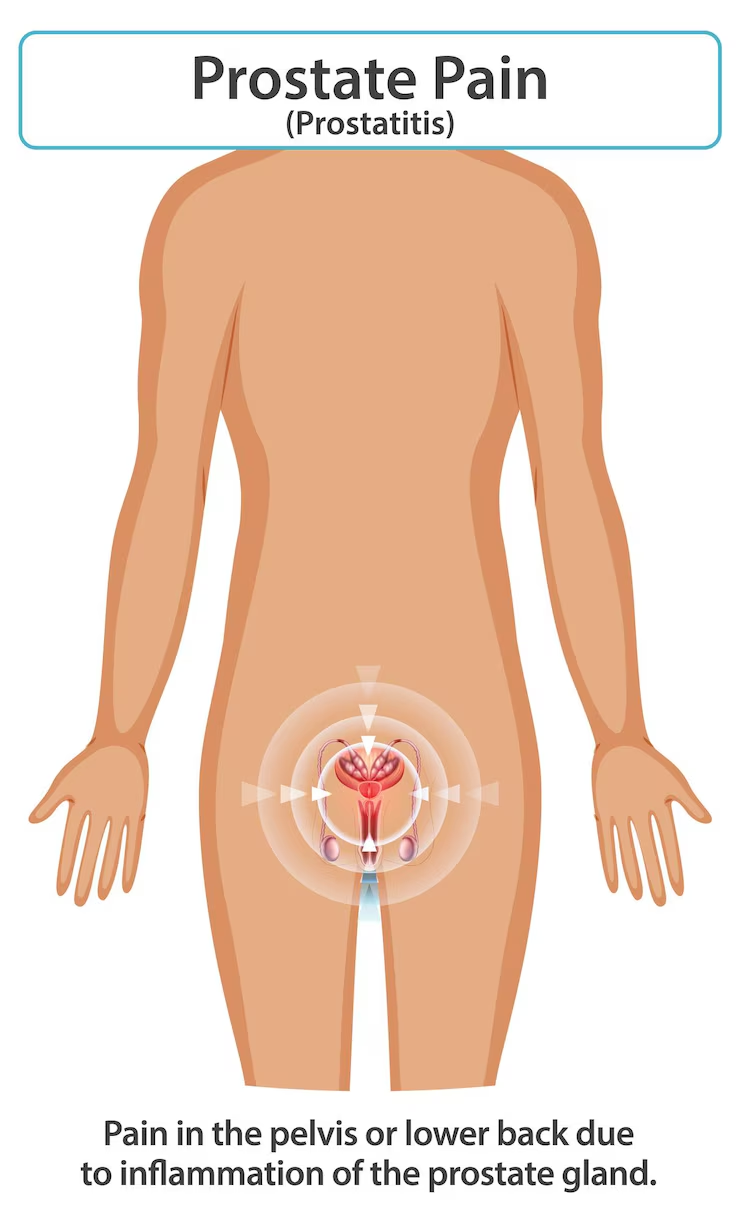Welcome to our online quiz on prostate health! The prostate is a small gland located below the bladder in men, playing a vital role in reproductive function. This quiz will assess your understanding of the importance of prostate health and common issues that may arise.
By taking this quiz, you will learn about the symptoms of prostate problems, risk factors for developing prostate issues, and the importance of early detection. Understanding the prostate and how to maintain its health is crucial for overall well-being. So, let’s dive in and see how much you know about this vital gland!
Play Prostate Quiz
What is the significance of family history in prostate cancer risk
Family history has no impact on prostate cancer risk.
Family history only plays a minor role in prostate cancer risk.
Prostate cancer risk is only influenced by lifestyle factors.
Family history is a significant risk factor for prostate cancer.
Instructions
- This quiz is multiple choice.
- Read each question carefully before selecting an answer.
- Choose the best answer for each question.
- You will see the missed questions with correct answers at the end of the quiz.
- Quick Facts
- Downloads
- Study Tips
Quick Facts
- The prostate is a small gland found in men that is part of the reproductive system.
- It is located below the bladder and in front of the rectum.
- The prostate’s main function is to produce fluid that makes up semen.
- Prostate problems are common in older men, with conditions such as prostatitis, enlarged prostate, and prostate cancer.
- Symptoms of prostate issues can include frequent urination, pain or burning during urination, and blood in the urine.
- Regular check-ups and screenings can help detect prostate problems early on.
- Treatment for prostate conditions can vary depending on the diagnosis, ranging from medication to surgery.
- Some risk factors for prostate issues include age, family history, and certain lifestyle factors such as diet and exercise.
- Maintaining a healthy lifestyle, including eating a balanced diet and staying active, can help reduce the risk of developing prostate problems.
- It’s important for men to talk to their healthcare provider about any concerns or symptoms related to their prostate health.
